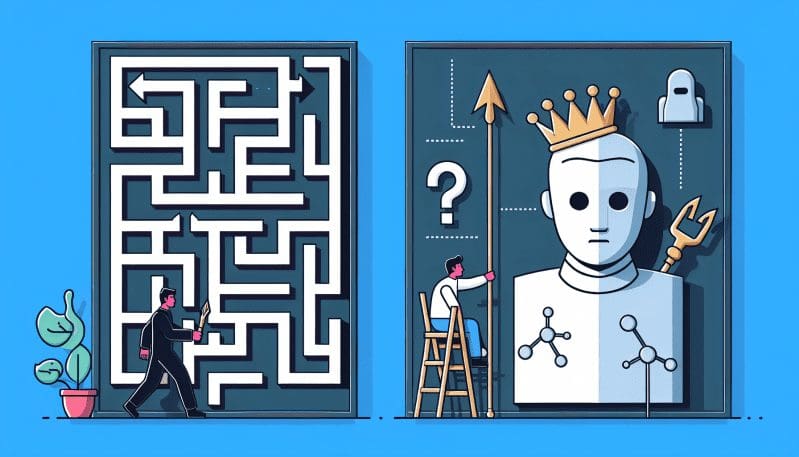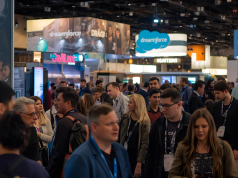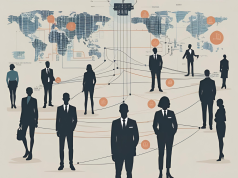In the labyrinthine corridors of the modern workplace, a new overseer has emerged—not of flesh and bone, but of code and algorithms. Artificial Intelligence, once the darling of Silicon Valley futurists, has briskly claimed its seat at the employers’ table, reshaping the very fabric of labor and leadership. This seismic shift has stirred a cauldron of ethical conundrums that are worthy of our collective contemplation.
As AI systems become increasingly adept at monitoring worker productivity, one can’t help but ponder the fate of employee privacy. In an era where AI tools can scrutinize every keystroke, email, and even the tenor of workplace chatter, the boundaries of surveillance beg redefinition. The specter of ‘Big Brother’ looms, not in the Orwellian sense, but in the guise of algorithms that track, quantify, and evaluate our daily toil. The question that beckons is not just how much oversight is too much, but at what point does the quest for efficiency morph into a violation of the sanctum of individual privacy?
Yet, the quandaries do not halt at privacy. The mirror AI holds up to society, reflecting its biases and preconceptions, forces us to confront an unsettling prospect: can machines harbor prejudice? The answer is less about the machines and more about the minds that forge them. If AI is to play judge and jury in hiring, promotions, and performance evaluations, then it is incumbent upon us to program fairness and equity into its very code. But how do we armor AI against perpetuating existing workplace inequalities, or worse, engendering new variants of bias?
Framing these ethical dilemmas is the broader consideration of human dignity in the shadow of automated efficiency. Can AI truly augment worker productivity without corroding the essence of what makes us human? The fear of being reduced to mere cogs in a machine, where our value is measured solely by output and algorithms, is not unfounded. Yet, in this balancing act, where do we draw the line between the pursuit of operational excellence and the preservation of our humanity?
Embarking on this ethical odyssey requires not just corporate willpower but societal introspection. With expert insights and real-world examples, this article beckons the inquisitive minds accustomed to the nuanced analyses of Washington Post, The New Yorker, and The New York Times to unravel these pressing concerns. It’s a call to pragmatism, to chart a course that respects both the promise of AI and the imperatives of ethical stewardship. As we stand at this crossroad, the directions we choose will define the workspaces of tomorrow and, ultimately, the legacy of our time in the annals of the digital age.




























